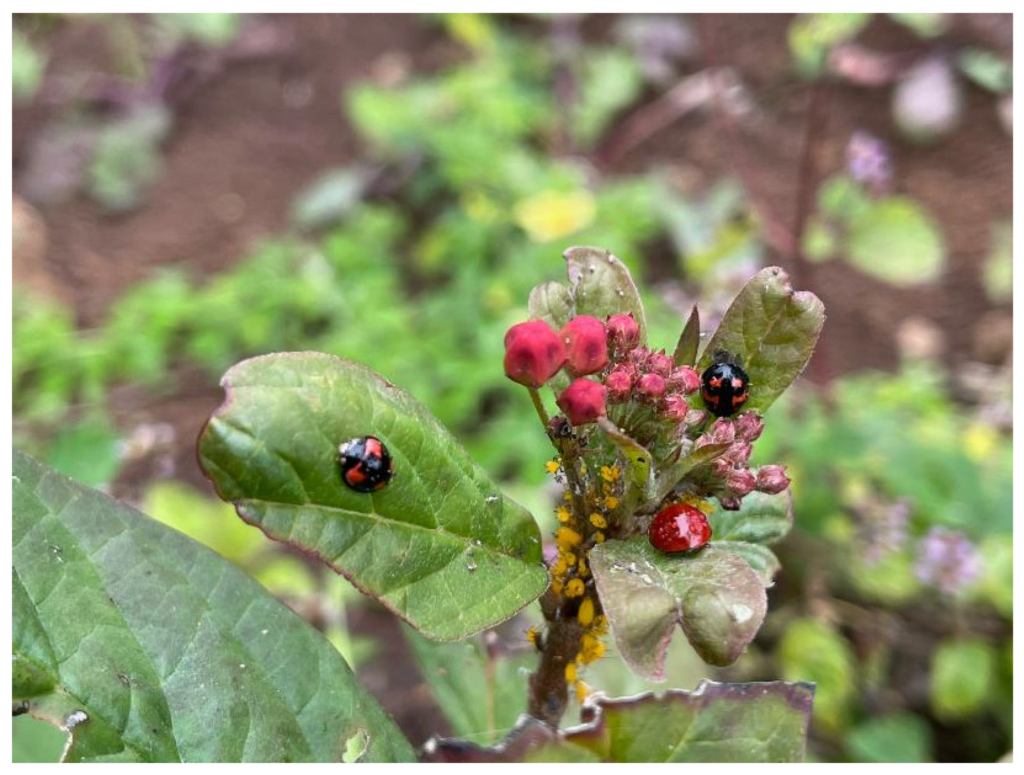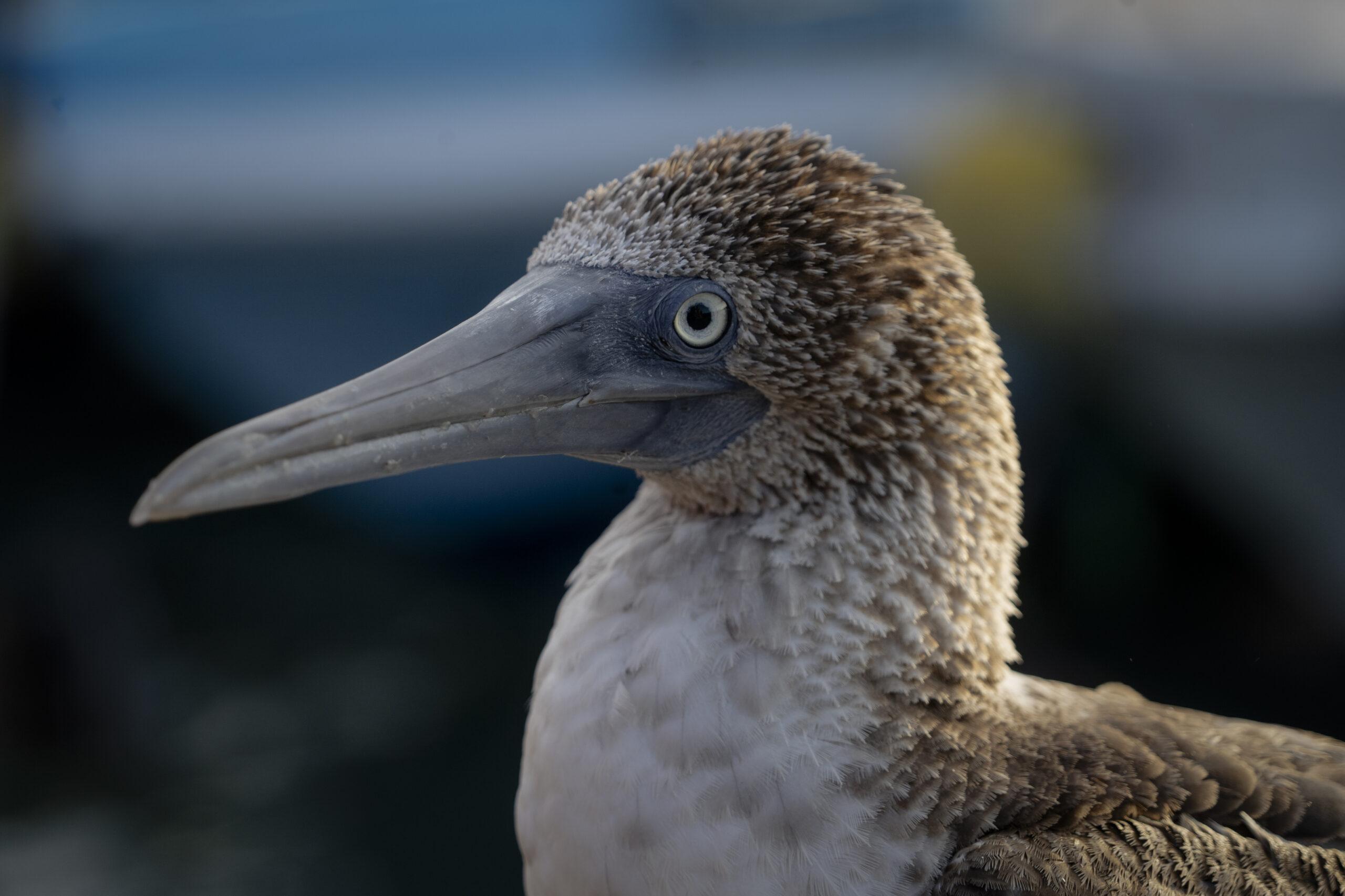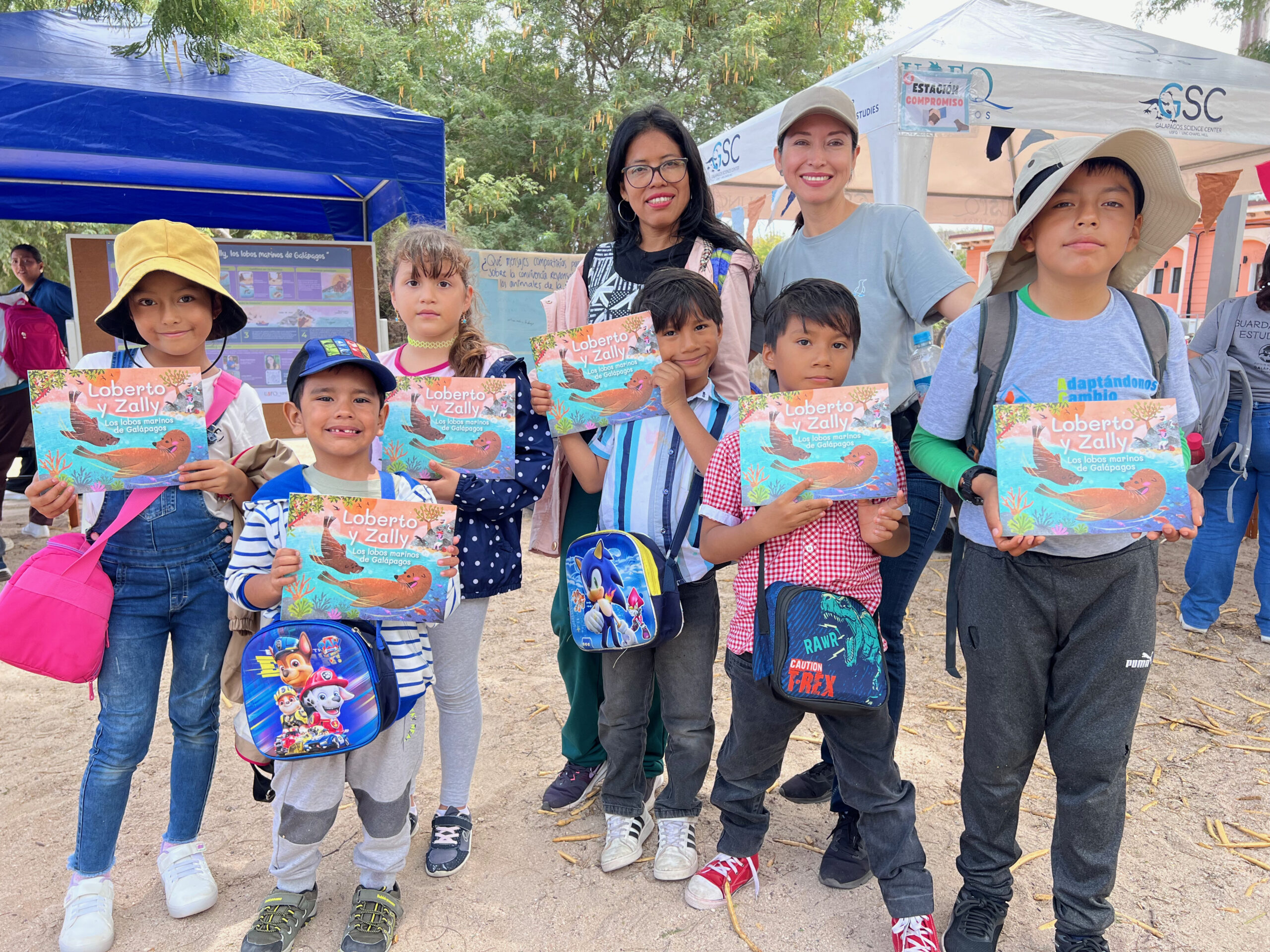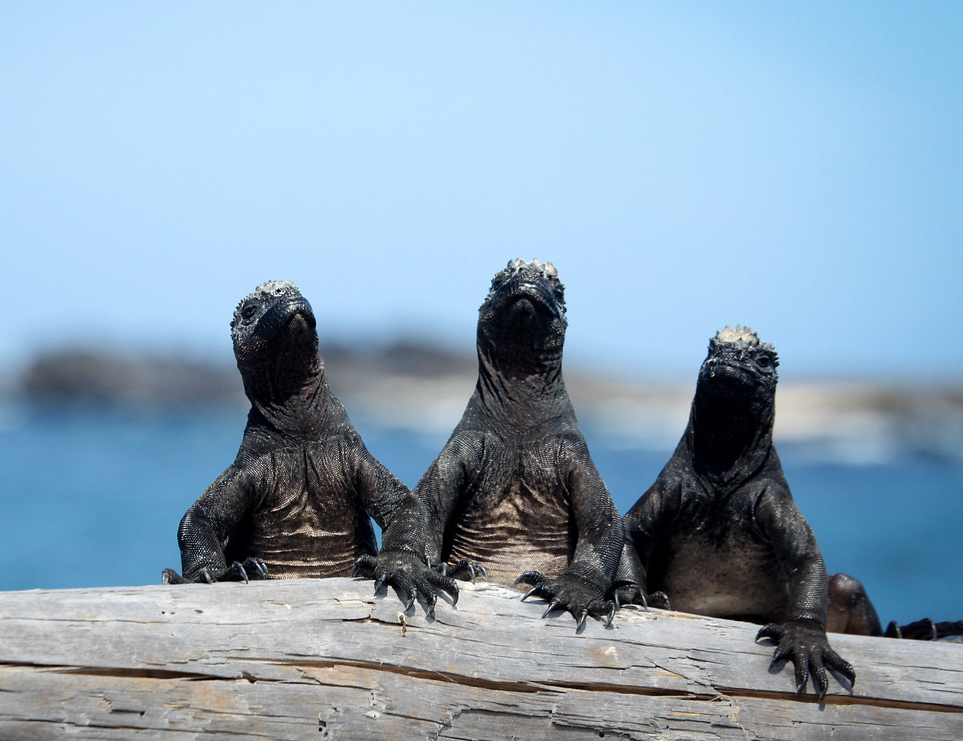This study investigates the diversity of ladybird beetles (Coccinellidae) on San Cristóbal Island in the Galápagos Archipelago. Researchers recorded 19 species, including four previously documented (two endemic and two native) and nine potentially native species reported for the first time. Endemic species, such as Psyllobora bisigma and Scymnobius scalesius, were rare and confined to native forests, while native species like Cycloneda sanguinea showed adaptability to various habitats, including urban and agricultural areas.
The findings raise concerns due to a significant increase in the presence and abundance of invasive species, such as the Asian Zigzag Ladybird and the Pale White-Spotted Ladybird. These invasive species, introduced to the Galápagos, are now widely distributed in urban, agricultural, and natural habitats on San Cristóbal. While endemic and native species were documented, their low abundance and apparent decline suggest they are being outcompeted by invasive species.
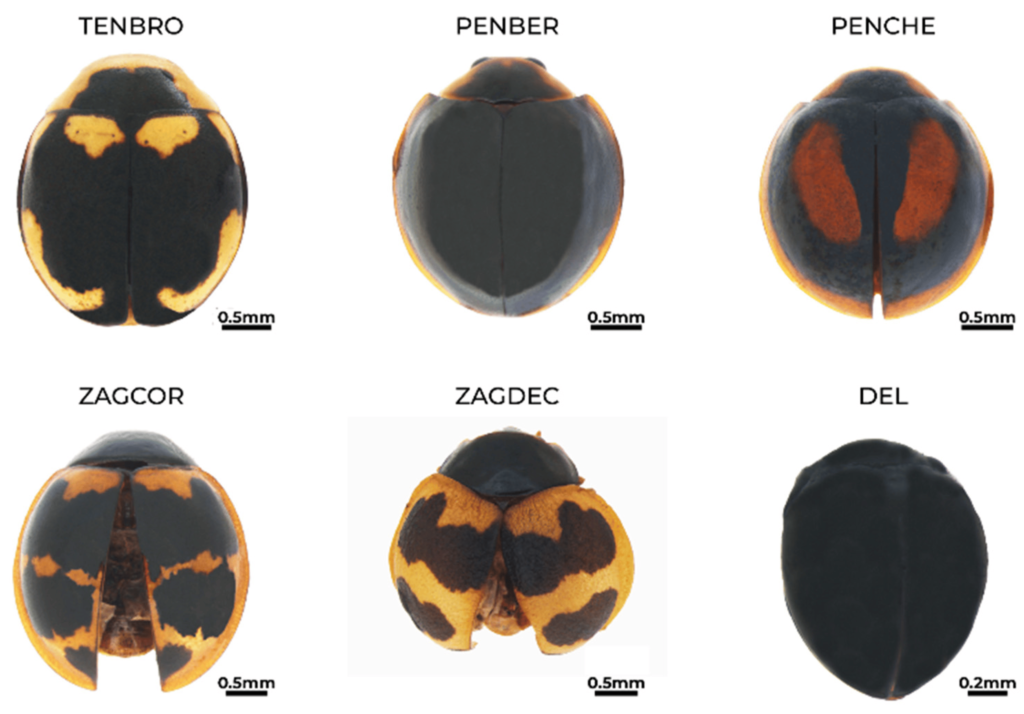
This study underscores the importance of continuous monitoring and conservation efforts to safeguard the unique biodiversity of the Galápagos. The increasing dominance of invasive species highlights the need for ecological management and habitat protection to mitigate the impacts of these disruptions on fragile ecosystems.
Read the full article in the following link

